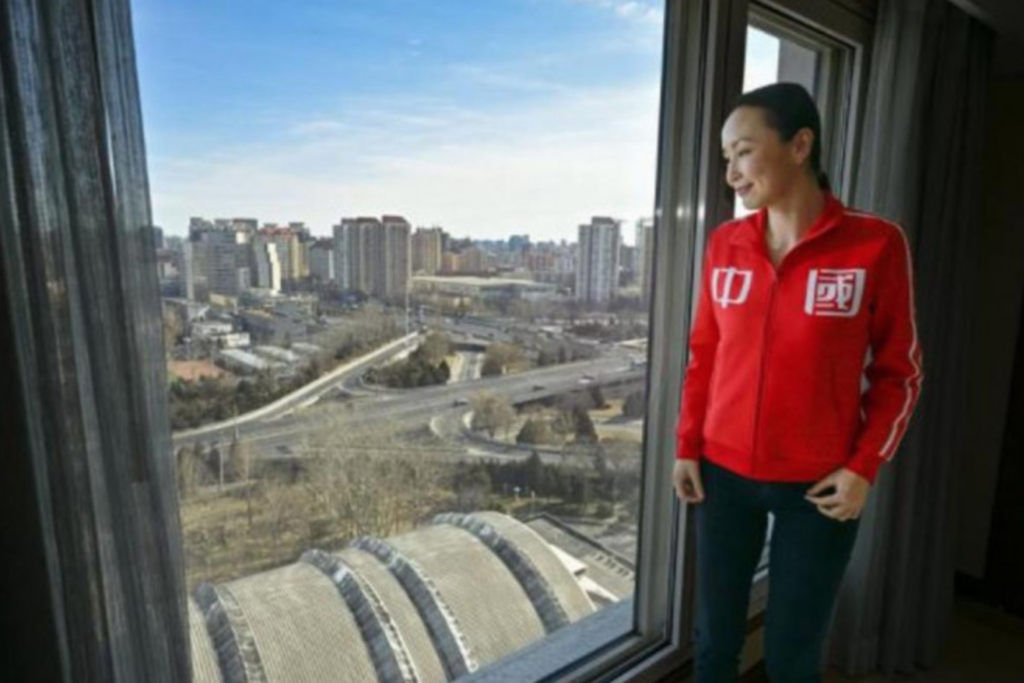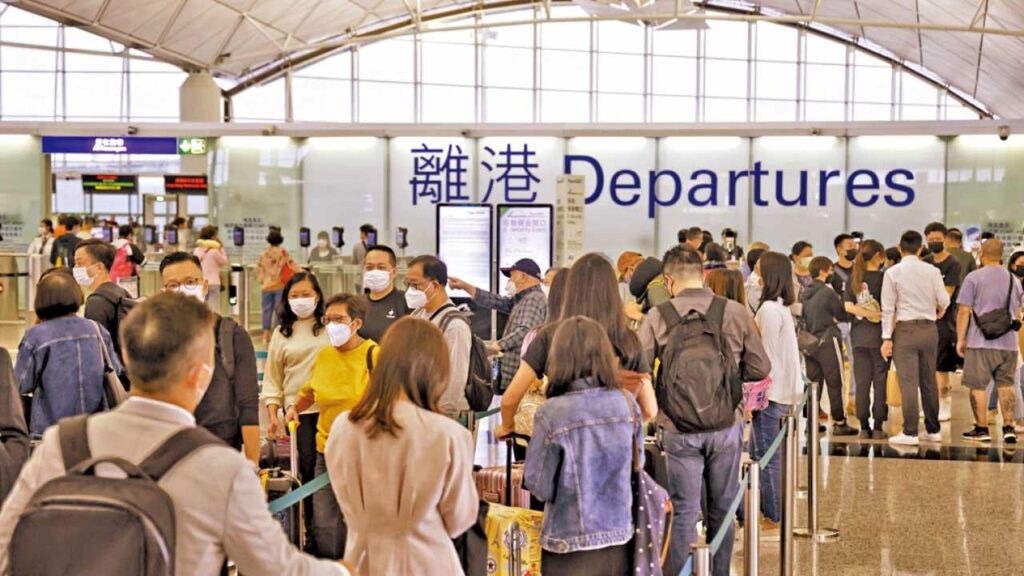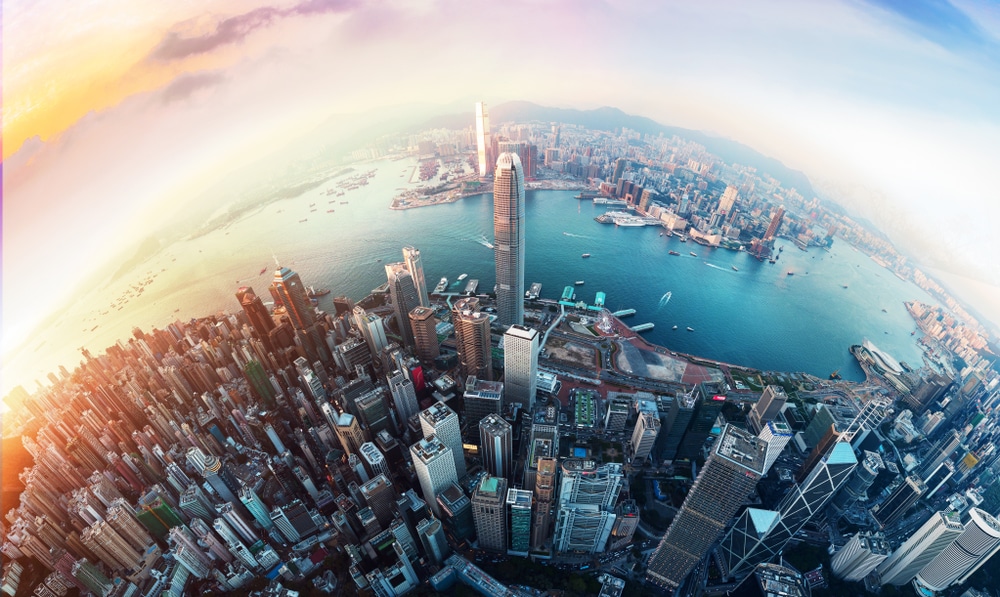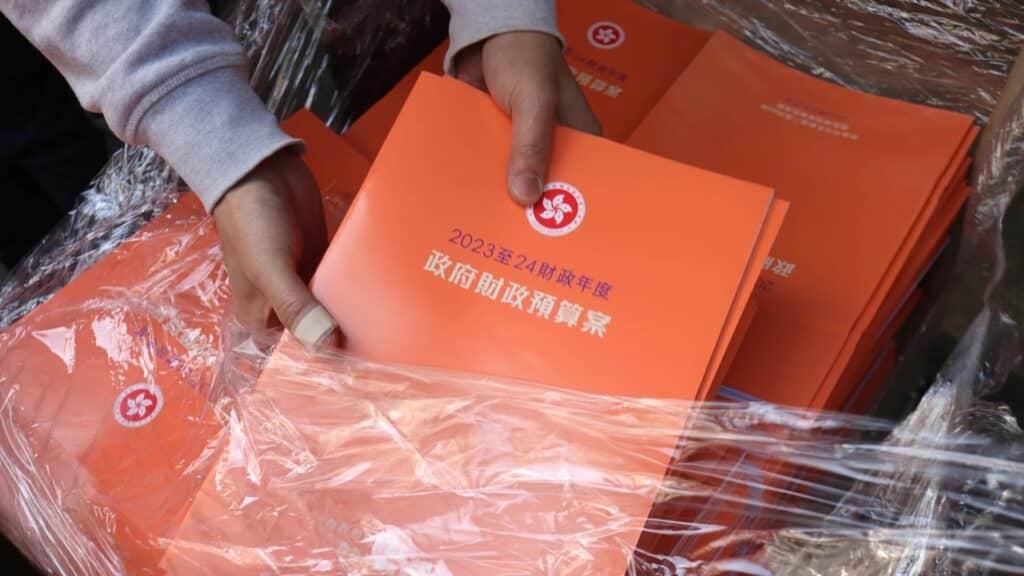The Beijing Winter Olympics is more about politics than sports, which is a disgrace to the scenery. This is a great power competition after the decoupling of China and the United States. It is in the same world as Japan and Japan, and international relations have changed several times. Officials continue to play the human rights card. The West criticizes China for producing Xinjiang cotton suspected of forced labor, setting up so-called re-education camps for the Uyghurs, and suppressing freedom of assembly, freedom of speech and democratic space in Hong Kong. The public is playing the environmental card and is concerned about the water and electricity consumption of artificial snow and the risk of injury to athletes. The ski jumping platform rebuilt on the site of an industrial park was supposed to be a model of frugality in running the Olympics, but it was scorned as a smoky nuclear power plant. Peng Shuai's low-key appearance in the audience helped Beijing dismantle the bomb under the international spotlight and dispel the rumors of imprisonment.
Politics should not hijack sports
There are many ways to use the Olympics to exploit the theme. A country can completely refuse athletes, officials and spectators to attend; athletes can demonstrate in the Olympic Village or state their political opinions to the media when winning awards; parliamentarians and social activists can continue to exert pressure on the Olympic Committee. Will ask to change the host country, or ask the company to change the sponsorship plan. Government personnel from Washington come to Beijing in person to provide consular services, but are not regarded as official representatives. This is undoubtedly the most insignificant diplomatic boycott. English-speaking allies including the United Kingdom, Australia, Canada and Scotland followed the boycott. Lithuania, which violated the "one-China" principle, Denmark, which supports Hong Kong's exiled politicians, and India, which has border conflicts with China, also did not send officials to attend.
The Olympic spirit is friendship, unity and fair competition. Sports elites from all over the world train hard to achieve the best performance in competitions and challenge the limits of human beings. Just as the Czech president encouraged the athletes, nothing would happen without a few political giants in the Olympics. And when politics hijacks sports, it is often the athletes who suffer. It is unfortunate that gold medalist Gu Ailing is involved in the nationality controversy. Anyone who violates the competition rules should be punished, but the flames of political disputes should not overshadow the sweat of sports competition. She said it well, sports should be used to unite people rather than divide them.
Diplomatic boycott does little to ease conflict
This international sports event is an opportunity for communication between countries. If grasped well, it can help ease tense relations. At the last Pyeongchang Winter Olympics, representatives from North and South Korea entered the venue holding the "unification flag" of the two Koreas and formed a women's ice hockey team together, showing the dawn of reconciliation on the Korean Peninsula. Japan and South Korea have been at odds with each other in recent years, ranging from historical disputes left over from World War II and military frictions between maritime forces to mutual resistance to trade wars. It was expected to break the ice at last year's Tokyo Olympics. Unfortunately, as the games were approaching, a map triggered territorial issues, and the opportunity to mend relations was missed. Western politicians have always advocated the use of dialogue and communication to ease conflicts. How come they come to the Beijing Winter Olympics and think that diplomatic boycotts can resolve disputes?
The Olympic Games showcase the civilized style of comprehensive national strength. The 2008 Beijing Olympics marked China's emergence on the world stage and revealed the aura of a great power. The 2022 Beijing Winter Olympics symbolized China's emergence as a world leader without fear and participating in the formulation of policies. Universal rules. Compared with the boycott of the Moscow Olympics during the Cold War, with more than 60 countries responding, this boycott is superficial, and the US's appeal has once again been revealed. China overcame the COVID-19 pandemic, economic costs, climate restrictions and diplomatic pressure to hold a global event without wavering. Who is tarnishing the Olympic spirit with politics, and who is carrying the Olympic flame?
Ray Poon
Co-Convenor (Research), Path of Democracy



